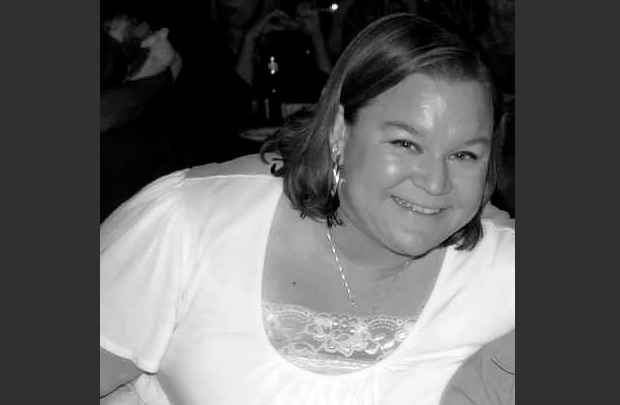
Stacie Miller is a child protective specialist in an Intensive Services Unit in Montana. A mother she works with suggested that we feature Stacie as an Outstanding Caseworker, writing:
“Stacie Miller goes above and beyond doing her required social work job. Day or night (and sometimes we’ve had to call in the middle of the night), our family has been able to reach her. She always responds to us immediately. She keeps us updated, and she has shown such dedication to ‘her kids’. We’ve had some heartbreaking situations, and the support Stacie has given has been amazing… She makes a difference.”
What is an Intensive Services Unit?
Our unit serves kids who’ve experienced pretty extreme traumas, have been in foster care for several years, and are struggling to gain permanency. They are usually living in group homes, residential treatment facilities, or other congregate-care settings due to unsafe behaviors, mental health struggles, or both. The majority of the kids I work with have been in care at least three years.
Like any worker, my goal is to help the kids I work with achieve permanency, whatever that looks like. It might be finding them a therapeutic foster home. It might be identifying an adoptive family or a relative who will be a caring, stable person in their life. And it always involves getting them the services they need to stabilize and ultimately be able to navigate the world as an adult.
What is your approach to working with children who have been through so much?
I’m consistent.
I have 19 kids on my caseload right now, and I call each of them every week and visit at least once a month. I’m a constant presence in their lives. I attend all treatment team meetings, call on birthdays and holidays, and send “you matter” mail to ensure they know they have someone they can count on. If I’m not going to be able to call one week, I let them know in advance.
When a child is assigned to me, they are going to stay on my caseload until we find a permanency solution. I’ll most likely be the last worker they have, and we might work together for a few years. That gives us a special relationship, more like a parent and a child.
I listen to my kids.
Part of children’s trauma is never having control. Giving them a little bit of control back makes a huge difference in their level of engagement in the process and in their trust in me. When I can’t give them control, I make sure they understand why the decision was made and what is going to happen so nothing is surprise.
I just had my first meeting with a teen yesterday who’s been in care for several years. I told him: “I’m here to work with you. I want you to have a say in what happens next as much as possible. But you have to do the things that are expected of you.” I think the fact that I listened to him really took him aback.
What attracted you to this work, and what keeps you doing it?
I’ve always had a passion for working with kids. My degrees are in education. I coached youth sports for many years, and I have two kids of my own. After realizing that teaching wasn’t for me, I worked in the adult mental health field and with people who have developmental disabilities before I started doing this three years ago. Now I know it’s what I should have been doing my whole life.
You have two children. How does your job affect your family life?
Being a social worker has changed the way that I parent and has made me a better mom. For one thing, it’s taught me to focus on the reasons behind the behavior, not the behavior itself. When my kids are having issues, the question isn’t, “What did you do?” But rather, “What’s going on with you to make you want to do that?”
It’s also taught my children to have empathy for others. They don’t see anything as “normal” because I’ve taught them that everyone’s “normal” is unique. Things that happen are about your perception of the world and your place in it, no matter how skewed or unhealthy at times. They are proud that I help other kids get homes and that I’m there for those kids on evenings and weekends, because nobody else is.
What makes a good foster or adoptive parent?
Like a good social worker, a good foster parent is passionate about helping kids They don’t give up when things get hard. They can continue to love, no matter what happens.
I am working with a girl who just turned 17. She was living in a great foster home for a year in Bozeman, and the parents were moving toward adoption. But the girl just couldn’t make good choices, and she couldn’t stay in their home. It wasn’t good for her or for them. But those parents have stayed in her life and have not given up on her. They are her go-to people. She is their daughter, but she is not able to live with them.
A good foster parent accesses resources. I’ve had parents that I no longer work with call me and ask me for guidance or ideas—that’s resourceful!
Final thoughts?
We need good foster parents! To people considering it, I say: Don’t be scared! People are afraid that they’ll be left out on an island with no help. But there are social workers, and others in this work, who are there to support you and the kids in care.
If you love kids, and you want to help kids, being a foster parent will be the most rewarding thing you will ever do. If I ever leave the department, getting licensed to foster will be the first things I do.